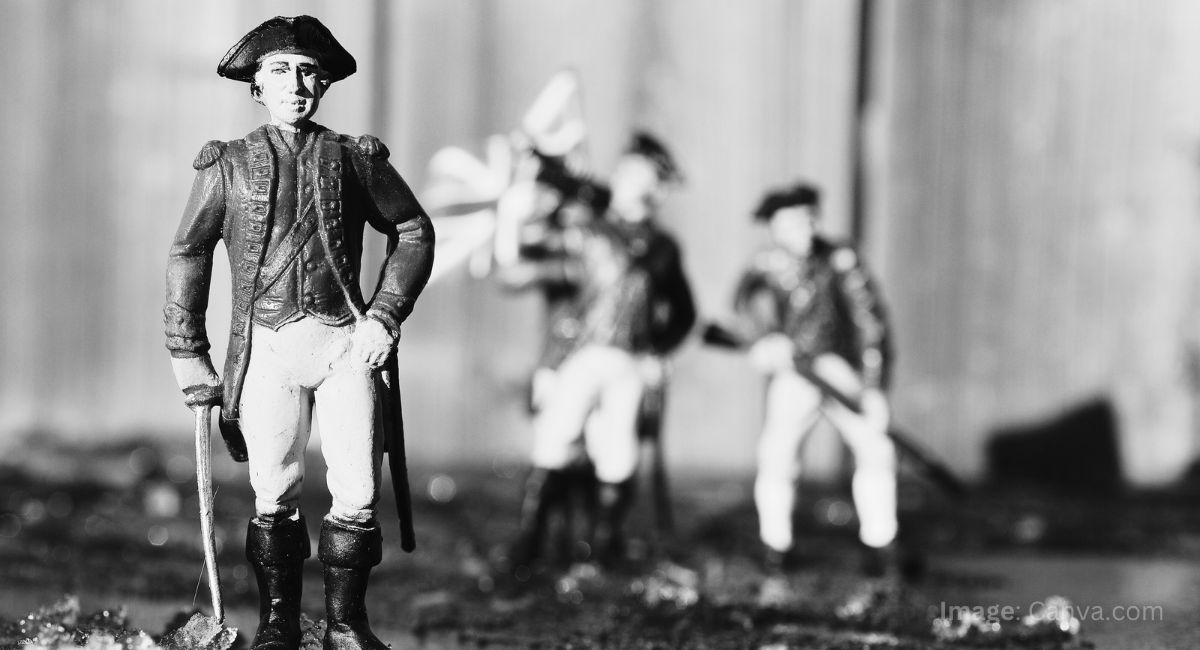The thoughts of Melisa on complex relationships are well conceived in her book, “The complexities of love”.
In this interview, she talked about her hard work behind the debut book and characters. Read more about her strategic thoughts of writing and finding inspiration to write the book.
Melisa Quigley was born and raised in Victoria, Australia. She has an Associate Degree in Professional Writing and Editing from RMIT University in Melbourne, Australia. Her work has been published in anthologies in America, Australia, India, and the Philippines. The Complexities of Love, young adult coming-of-age romance, is her debut novel.
How did you get the word complexities out of love?
Melisa Quigley: Love is complex because when we love someone or are in a relationship, we need to look closer at the person we are with or want to be with and develop an understanding of them and their world. For example, when we are young, we learn about ourselves by looking at our world: mother, father, brother, sister etc and how we relate to each person in our family.
When we go to school, we develop relationships that can be complex because other children may be from different socio-economic backgrounds and have different beliefs and values than what we are used to. Everyone wants to be loved and accepted and will either conform through denial, self-doubt or because they feel insecure. This is where relationships become complex.
Tell me why and how your character holds it so close to the title?
Melisa Quigley: Mark is a closet gay and hopes his family will never find out. Being gay in the 60s, and 70s and decades before that was considered bad. Mark is insecure and walks through life as a teenager with his guard up. He doesn’t show his authentic self because he’s frightened about what everyone will think of him. Being gay and looking for someone else who is gay add to the complexity of dating and love.
His life is complex because when he goes out with Laura, he finds it hard to reciprocate her love because he’s gay. He doesn’t tell her he’s gay. Instead, he acts like a straight male so no one will know he is gay.
There are deep scars and wounding from Mark’s childhood with things that happen within his family nucleus. I won’t spoil it for you here. You’ll have to read the book to find out. Shame and guilt add to the complex nature of being gay and not willing to come out. Mark doesn’t know what he’s looking for because he didn’t see what he was trying to create when he was growing up. He had his parents – a male and a female, to guide him. Females and males pursued him along the way, and it’s how he deals with each situation that shows the complexity of each relationship.
What are your views on love and hate, and, are both needed in a relationship?
Melisa Quigley: Everyone has a right to love and be loved. It doesn’t matter who they are or their background. Love and hate are both emotions that can be experienced when someone is in a relationship. Hate is generally caused through jealousy or betrayal. A person can become angry and/or fearful because they don’t feel loved enough by their partner.
If a person is brought up in a family where the parents are always arguing, a child can grow up finding comfort in a love hate relationship because in their eyes it is a way to express love. Experience has taught them that causing pain will bring their relationship closer. What they don’t realize is there are other ways for a relationship to work effectively. People like this need to learn to let go of what they gain from the conflict, e.g., always being right and work towards communicating openly and effectively. Love is needed in a relationship, not hate. If you’re in a relationship where there is a lot of hatred it conjures up feelings of being unworthy or unlovable and no one wants to feel like that.
Tell us more about the book “The complexities of love” and what research you did before it went live?
Melisa Quigley: The Complexities of Love is not only about Mark being a closet gay male in the 60s and 70s. It’s about family bonds and what happens to Mark and his family. I have three gay male relatives from whom I gleaned information. I also read gay novels and watched gay movies, as well as documentaries about being gay during that time. It was their vulnerability that stayed with me the most.
How did you find the character, “Mark” for your book?
Melisa Quigley: I didn’t find Mark, he found me through inspiration.
Is his character inspired by real life or all fictional?
Melisa Quigley: I’ve been writing in a diary since I was twelve, and I’ve fictionalised most of the events that took place in the book, but some are based on real life. For example, I used to date someone who wanted to be a chef. His name wasn’t Mark, but the person I dated used to tell me what happened in his class, what they made, and sometimes he would bring home things for me to taste test.
What is your strategy of finding a new character.
Melisa Quigley: I don’t have a strategy. The characters find me when I’m asleep or gardening.
Do you start writing fiction plot picking up real life character?
Melisa Quigley: I’m a pantser, not a plotter. My next novel is loosely based on a real-life character/person I used to know. She kept coming to me in a dream and wanted me to tell her story from someone else’s point of view.
Share some moments of writing when you were a child
Melisa Quigley: From the age of five, I used to write letters to family, friends, and relatives. I love looking at people’s handwriting, the colour ink they use and the curve/straightness of each letter. Unfortunately, letter writing is a lost form of art these days. My parents said I should work for Australia Post because I used to go out to the letterbox to see if there was any mail for me. I became a member of The Guild League of Friendship in 1977 and used to write to three girls in different parts of America. I still write to one girl who lives in Minnesota.
I used to love writing and receiving an excellent stamp with a kookaburra on it when I was in primary school. I was one of the first children to go from writing with pencil to pen. It was so exciting.
As well as, day to day life of a writer, what is the best strategy of time management as being a housewife?
Melisa Quigley: I don’t have a strategy; I call it a juggling act. Every day is different. I work part-time on Monday and Friday. In-between washing, ironing, cooking, cleaning, and gardening I read and write. Reading is just as important as writing.
How many books do you have on your shelves, and what are your favourite and the most influential writers in your life?
Melisa Quigley: I have over sixty books in my bookcase. I like to read a book and donate it to charity. It’s my way of paying it forward so someone else who can’t afford to buy it new can get it at a cheaper price.
The most influential writers in my life would be Diana Gabaldon, Anthony Doerr, John Steinbeck, and Paulo Coelho.





















Insecurities most of the time comes in the picture. Well done Melisa.